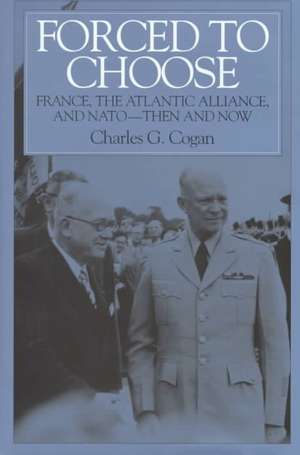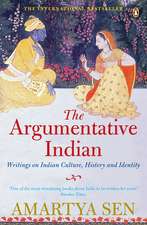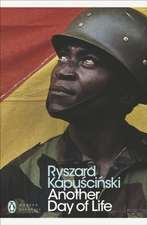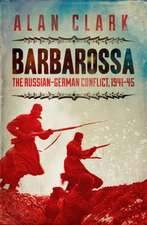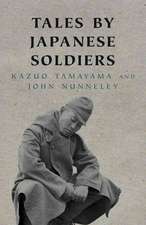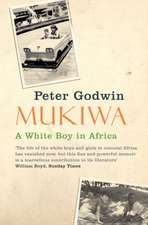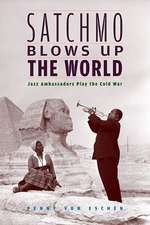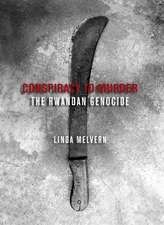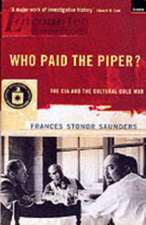Forced to Choose: France, the Atlantic Alliance, and NATO -- Then and Now
Autor Charles G. Coganen Limba Engleză Hardback – 29 iun 1997 – vârsta până la 17 ani
Preț: 345.90 lei
Preț vechi: 476.40 lei
-27% Nou
Puncte Express: 519
Preț estimativ în valută:
66.24€ • 67.60$ • 55.73£
66.24€ • 67.60$ • 55.73£
Carte tipărită la comandă
Livrare economică 25 februarie-11 martie
Preluare comenzi: 021 569.72.76
Specificații
ISBN-13: 9780275957049
ISBN-10: 0275957047
Pagini: 176
Dimensiuni: 156 x 235 x 18 mm
Greutate: 0.46 kg
Ediția:New.
Editura: Bloomsbury Publishing
Colecția Praeger
Locul publicării:New York, United States
ISBN-10: 0275957047
Pagini: 176
Dimensiuni: 156 x 235 x 18 mm
Greutate: 0.46 kg
Ediția:New.
Editura: Bloomsbury Publishing
Colecția Praeger
Locul publicării:New York, United States
Notă biografică
CHARLES G. COGAN is an Associate of the Charles Warren Center for Studies in American History, and an Affiliate of the John M. Olin Institute for Strategic Studies and the Center for European Studies, Harvard University. He is the author of Oldest Allies, Guarded Friends: the United States and France Since 1940 (Praeger, 1994) and Charles de Gaulle: A Brief Biography with Documents (1996). Cogan spent 37 years in the Central Intelligence Agency. From 1979 to 1984 he was chief of the Operations Directorate's Near East and South Asia Division. He was awarded the Distinguished Intelligence Medal in 1989. In the same year, he was assigned to the Intelligence and Policy Project at the John F. Kennedy School of Government and after leaving the CIA earned a doctorate in public administration from Harvard in 1992. His published articles have dealt primarily with French-American relations, with the Middle East, and with intelligence and defense issues.
Cuprins
Introduction"The Russian Hope" and its DisappointmentsThe Attempt at a Renewal of the Entente CordialeThe Turn toward Europe: The Brussels Treaty and the Western UnionThe Turn Toward Washington: The North Atlantic TreatyThe Alliance Produces an Organization: NATONATO Produces an Integrated CommandThe Return of the Supreme CommanderEpilogue
